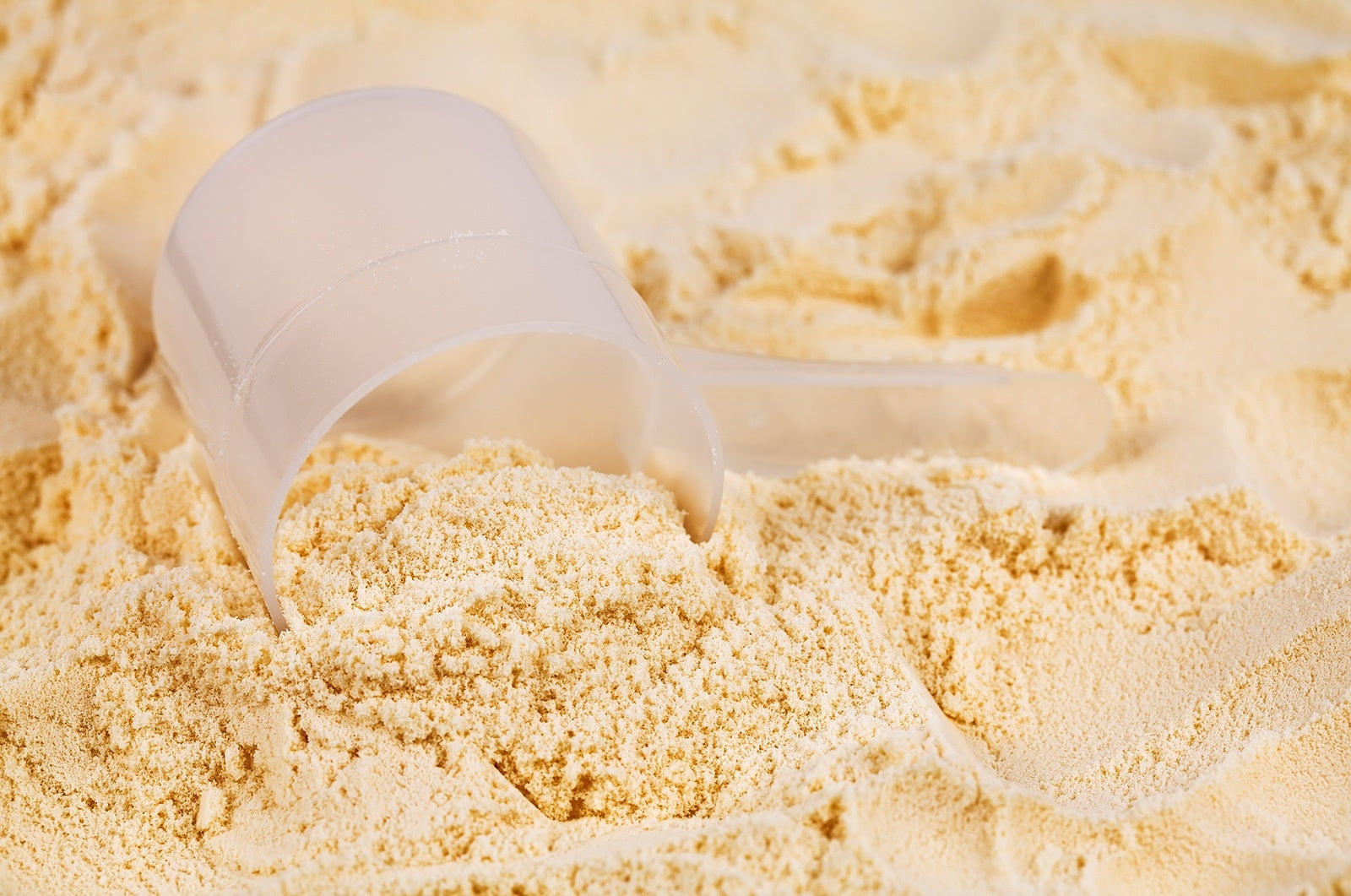Your Cart is Empty
- Shop Explore The Endless Possibilities of OvaEasy Discover Recipes
- Recipes
- Our Story
- Industries

Protein is simple and complex. It's simple to understand that protein is an important part of your diet, but protein is pretty broad catch-all term and there are a lot of differences between the different proteins in your food.
Not only that, but how protein powders are processed introduces yet another set of differences.
Protein denaturing (or protein denaturation) is simply a change in the structure of the protein. It can happen because of chemical effects, but in processing the most common source of denaturing is heat.
The classic example (ironically enough) is cooking egg whites. Fresh egg whites are sort of whitish/yellowish transparent and liquid. When you cook them, they turn solid and pure white. That's because of the change in protein structure from the heat of cooking.
When egg whites are dried into a powder, the heat from drying triggers a similar change. Normal egg white drying takes place at 350F, and as high as 390F (compare that to our crystallization process which dries our egg white protein under 102F).
Once a protein is denatured, there's nothing you can do. Just like once an egg is scrambled, you can't unscramble it.
Some of these changes in structure may not really mean much to you, but some will.
Egg white has many different proteins, but the bulk (54%) is a protein called ovalbumin which denatures at 184F. That's a temperature you easily hit during cooking (remember water boils at 212F approximately).
The biggest problem with denaturing is off-flavors. This is why other egg powders taste so bad. Once those proteins are damage from heat, you can't repair them.
This leads to a vicious cycle. To cover up those nasty flavors companies add more and more additives. But each one of those introduces it's own problems, maybe bitterness, maybe those weird synthetic flavors so common in powders. Each problem needs to be covered up. Where does it end?
Another problem is solubility. This is different from dispersion, which is simply how quickly the protein enters water. Solubility is whether the protein binds with water, or just remains suspended in the water like sand.
Pure proteins naturally don't disperse, that's why you should always use a Blender bottle or something similar. You can instantize them, but at the cost of purity. You have to add lecithin and other additives.
When a protein is not denatured, it will bind with water and form a true liquid protein again. That's what our Egg Crystals do. If you want to test it, cook up an omelette with our unflavored egg white protein and see for yourself!
Don't denature the protein! Process it carefully at low temperature and you never introduce those off-flavors. If you don't introduce them, you don't need to cover them up. It's that simple.
Learn more about our egg white protein